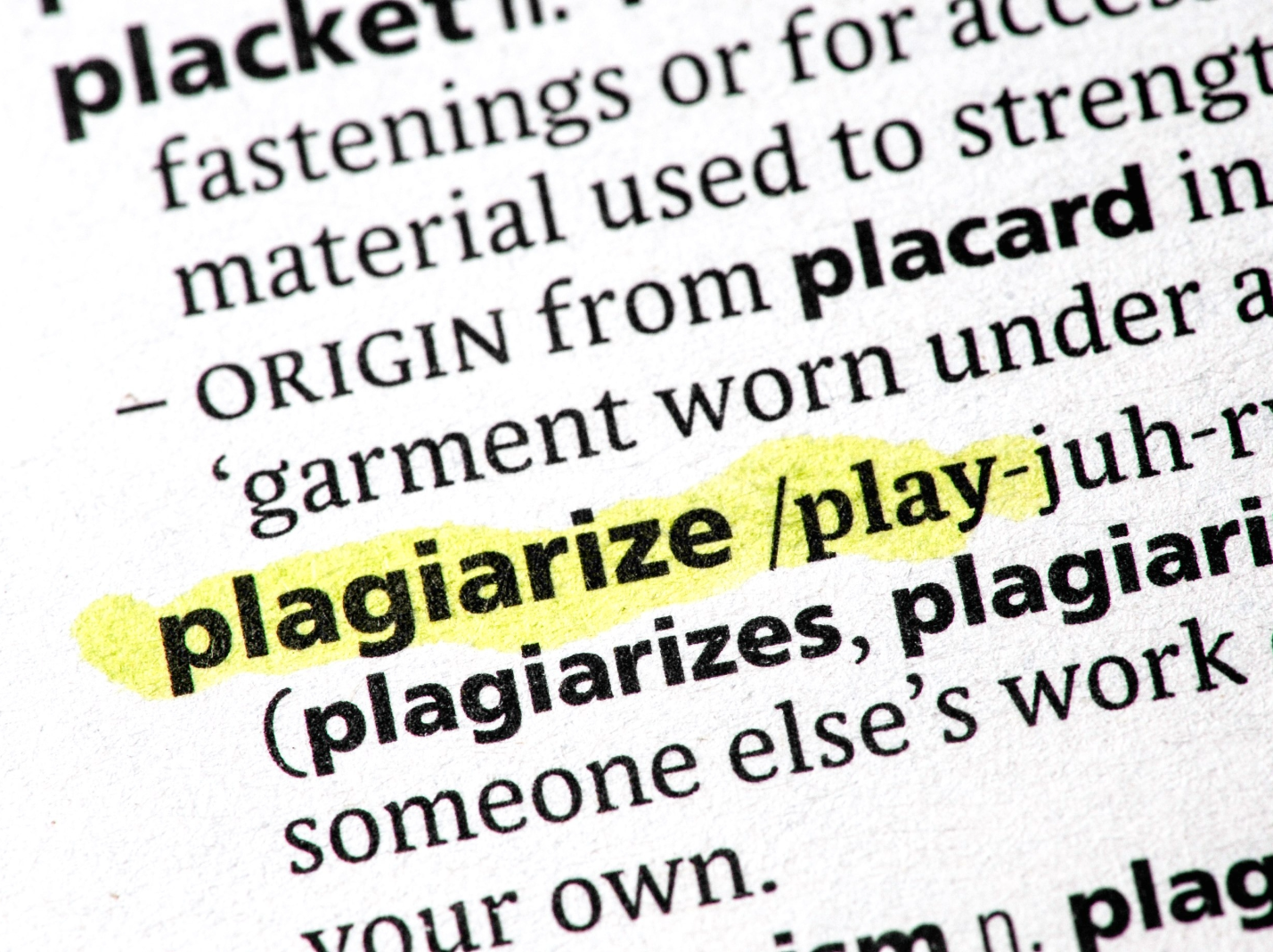
The National Science Board (NSB) oversees the National Science Foundation (NSF) and establishes NSF policy, including the policy prohibiting research misconduct, which includes falsification and plagiarism. Although NSF claimed that plagiarism is a global problem committed by faculty, it opened only 19 cases in 2024, out of 47 reported instances. NSF closed 12 of its 19 cases with either no action or with just a warning, penalizing only 7 out of 47—15 percent—reported plagiarists. NSF officials accept—and practice—the very actions that the NSB and NSF policy prohibit.
Professor Maria Zuber is one such official. She served as NSB chair from 2012 to 2020, and a PubPeer discussion reported that Zuber’s SPIE paper copied extensively from an earlier Academic Press copyrighted paper by Frederic Davidson. Zuber’s SPIE version did not enclose copied passages in quotation marks or indicate permission of the copyright holder. Furthermore, her SPIE version removed Davidson as an author, thereby taking credit for his work.
Another discussion reported that Zuber’s 2008 paper about Mars-orbiting spacecraft was republished in 2009, and it does not use quotation marks and does not include the 2008 version in the references. According to Zuber’s home institution—the Massachusetts Institute of Technology (MIT)—plagiarism includes acknowledging the source but failing to present the material in one’s own words.
[RELATED: These Top Science Officials Love the Copy-Paste Function]
Moreover, both Zuber’s 2008 and 2009 papers copied from chapter five of the PhD dissertation by Zuber’s student, but neglected to include within-text citations.
The dissertation was “accepted” by Zuber herself as thesis advisor in February 2008, and was copyrighted by MIT—students grant MIT any and all rights under copyright. Neither of Zuber’s republications of the dissertation’s contents, in 2008 and 2009, indicated permission of the copyright holder. As if by magic, then, Zuber became co-author of her student’s algorithm in her August 2008 and May 2009 republications, as well as of other figures from the February 2008 dissertation, seen on the left. Zuber’s August 2008 publication on the right.




If Zuber didn’t author her student’s dissertation, then she met MIT’s definition of “plagiarism” by failing to present his material in her own words within her 2008 and 2009 republications of its contents. But if Zuber did author her student’s dissertation, then her student plagiarized Zuber instead.
MIT does not contemplate that both the advisor and the advisee could co-author the advisee’s dissertation together or that an advisor “accepts” the advisor’s own work within a student’s dissertation.
In March 2025, Zuber testified before the House Committee on Science, Space, and Technology’s “Investigations and Oversight” subcommittee. Her “Truth in Testimony Disclosure Form” shows that she attached her curriculum vitae (CV). The form includes a “False Statements Certification” on its last page, stating, “Knowingly providing material false information to this committee/subcommittee, or knowingly concealing material information from this committee/subcommittee, is a crime (18 U.S.C. § 1001).” It appears that Zuber concealed the material fact that page 25 of her CV listed her 2009 paper, but not the 2008 version it copied, or the fact that both versions took credit for the work of her PhD student.
Congress treats falsification seriously. When Journalist Matt Taibbi erroneously referred to the entity “CIS” as “CISA” during his 2023 testimony, he soon received a letter warning him that he swore under penalty of perjury that his testimony was true, and that pursuant to 18 U.S.C. § 1621, providing false information is punishable by up to five years imprisonment.
[RELATED: MIT Prof Slammed for HHS Report on Gender Care—But Science May Be on His Side]
Zuber was elected chair by her fellow NSB members in 2012, after she had committed the acts described above. Either the NSB members knowingly accepted these acts, or they neglected to examine her research record.
Zuber is a former co-chair of the U.S. President’s Council of Advisors on Science and Technology (PCAST) and was vice president of research at MIT. I sent a preliminary copy of this article to John Holdren, who is a former PCAST member and former director of the White House Office of Science and Technology Policy (OSTP), asking for comments and corrections. He hasn’t responded. I also sent a preliminary copy to Ian Waitz, the current vice president of research at MIT, but he didn’t answer either.
When top officials at NSF—and its oversight body NSB—accept and practice acts that violate NSF’s research-misconduct policy, they establish a climate of tolerance for these acts. The organizations are rendered incapable of enforcing prohibitions against misconduct—their leaders accept and practice proscribed behaviors, which explains why NSF managed to penalize merely 15 percent of plagiarism cases.
Visit our Minding the Science column for in-depth analysis on topics ranging from wokeism in STEM, scientific ethics, and research funding to climate science, scientific organizations, and much more.
Image by frank on Adobe Stock; Asset ID# 634641574